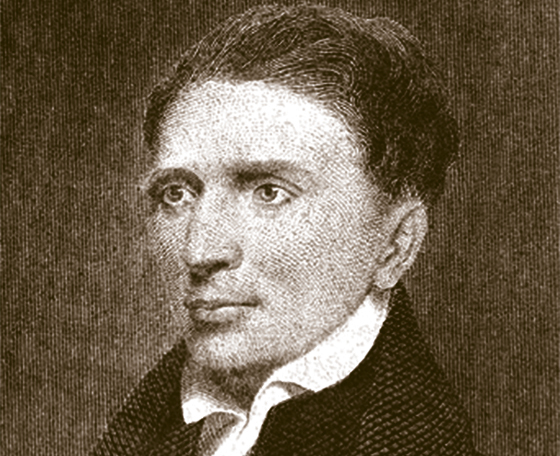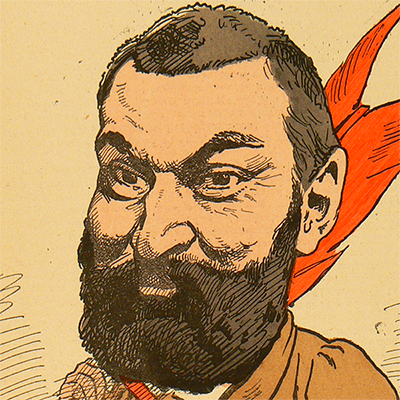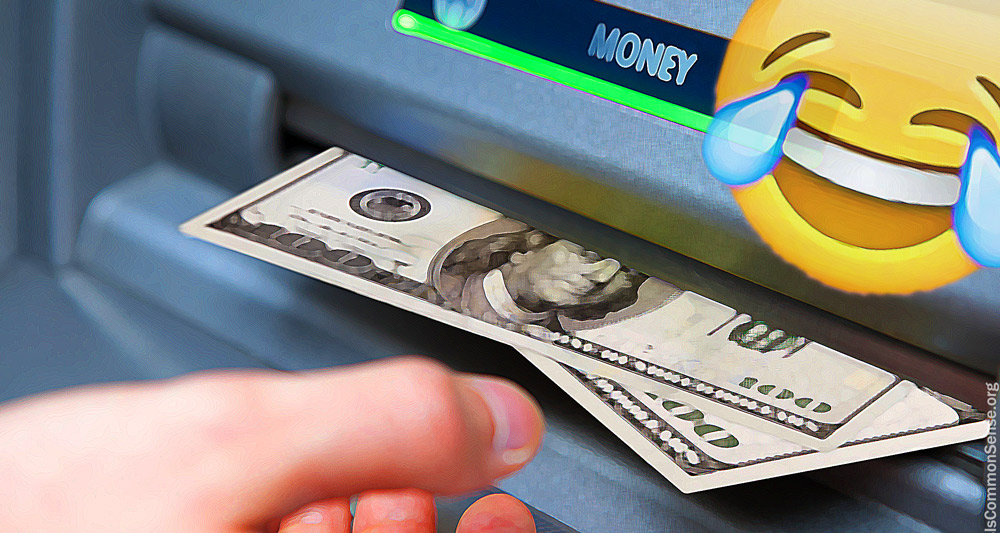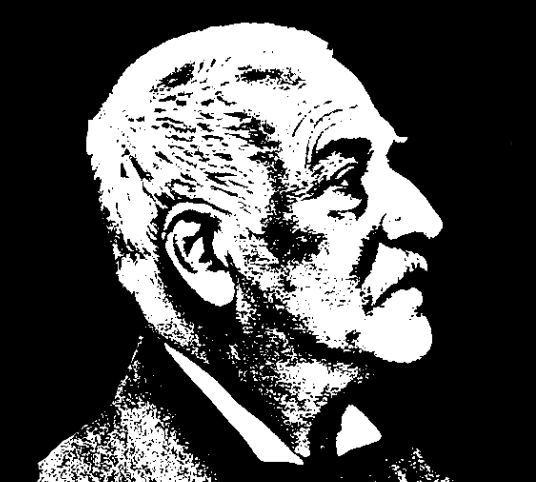The University of Queensland may expel 20-year-old philosophy major Drew Pavlou. He has been protesting against the Chinese Communist Party and in support of the Hong Kong protesters, but perhaps most tellingly has criticized his school’s ties to China.
Xu Jie, the Chinese consul general in Brisbane, has blasted Pavlou for being an “anti-China activist.”
This same man, Xu Jie, also happens to be an adjunct professor at the university.
The Queensland campus is home to one of many Chinese-funded Confucius Institutes, often benignly described as promoting Chinese culture. FBI Director Christopher Wray says that the institutes “offer a platform to disseminate Chinese government or Chinese Communist Party propaganda, to encourage censorship, to restrict academic freedom.”
The Economist allows that the Institutes “project soft power” with “occasional hints of politics,” offering as an example an exhibition at the University of Maryland, whitewashing China’s relationship to Tibet.
Just a smidgen of politics here and there.
According to Pavlou, “Beijing exercises so much financial leverage over our universities that it can stifle all criticism of the Chinese government on campus.”
Although the school nebulously accuses Pavlou of “harassing” others, his real sin seems to be not going with the flow. Threatening Pavlou with expulsion and even prosecution hardly proves that Queensland would never act to squelch dissent at the behest of China.
There is only one fair resolution. The university should apologize for its CCP ties, reject funding from China, kick out its Confucius Institute, kick out Xu, and commend Pavlou for urging the school to reform its bad conduct.
This is Common Sense. I’m Paul Jacob.
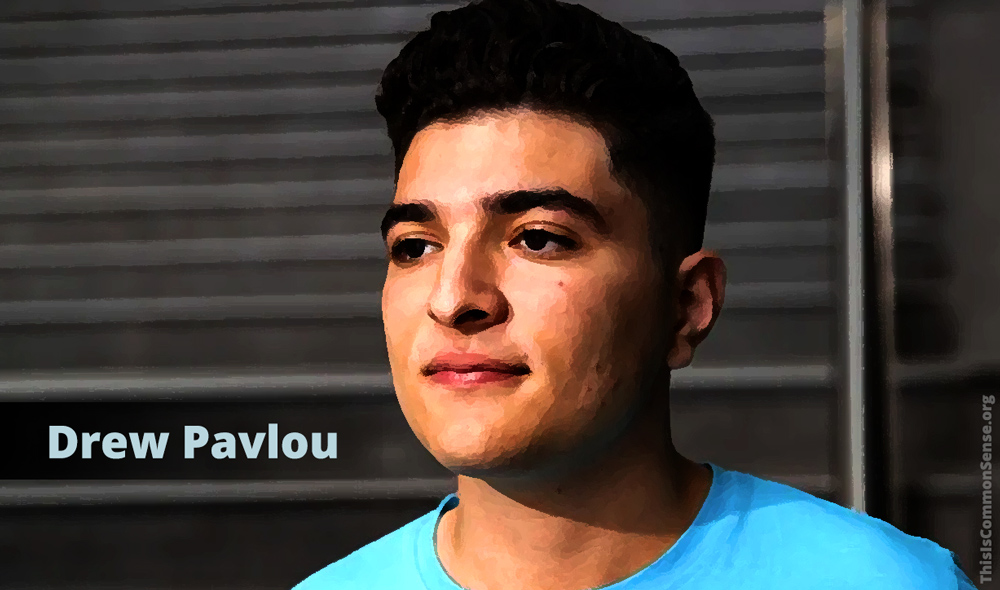
—
See all recent commentary
(simplified and organized)
